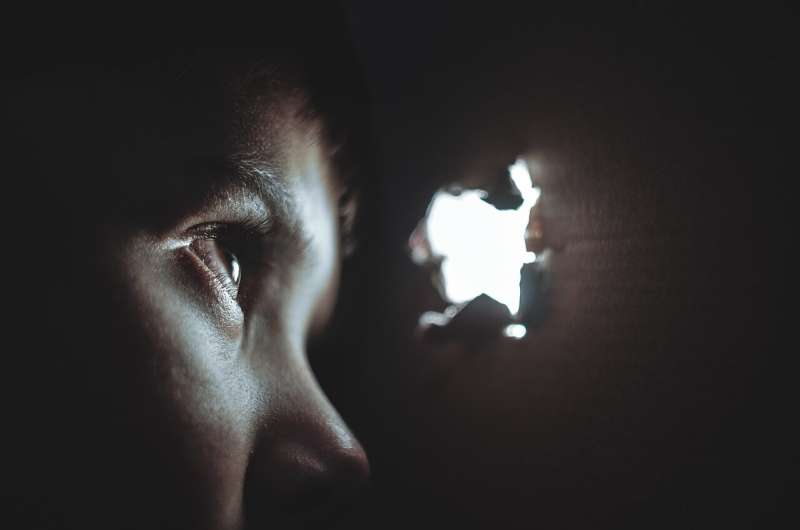Researchers find negative parenting leaves males more likely to develop negative traits

Harsh and negative parenting has long been linked to the development of callous-unemotional traits in children and adolescents.
Now, a study by Florida State University researchers has found that maltreated males are more likely to develop those callous-unemotional traits than females. Callous-unemotional traits include lying, cheating and a lack of guilt.
Researcher Bridget Joyner, a doctoral student in criminology, led the study published in the journal Child Abuse and Neglect. Joyner said it's one the first studies to analyze both male and female youths.
"Most studies that have looked at similar associations have not included females in their samples; it's been strictly males," she said.
The study sample included 4,579 male and female youths drawn from the National Survey of Child and Adolescent Well-Being, between 1999 and 2006.
Joyner said the development of callous-unemotional traits is a precursor to the emergence of psychopathy in adults, which in turn is a predictor of criminal behavior.
Judith Rich Harris Professor of Criminology Kevin Beaver worked with Joyner on the study. Beaver said it's important to remember that while females aren't as likely to develop callous-unemotional traits, they too bear the consequences of child maltreatment.
"We know that males tend to respond to adverse experiences in more external ways, through behavior and other visible traits," he said. "Females are more likely to internalize. That can mean developing things like chronic stress, anxiety and depression."
Joyner said that the development of callous-unemotional traits is thought to be an adaptive response by victims that helps shield them from further emotional stress.
"The development of these traits is thought to make them more withdrawn and help to protect them from being hurt again," she said.
Both Beaver and Joyner noted that the study suggests that early interventions on behalf of maltreated children could mitigate the development of callous-unemotional traits later.
That requires early identification of risk factors, Joyner said.
"It's important to be able to identify the risk factors that tell us how to look at and treat these individuals and to impede the development of these traits," she said. "And when we can't impede them then we need to treat them for it so the pattern isn't repeated."
More information: Bridget Joyner et al, Examining the potential link between child maltreatment and callous-unemotional traits in children and adolescents: A multilevel analysis, Child Abuse & Neglect (2021). DOI: 10.1016/j.chiabu.2021.105327

















